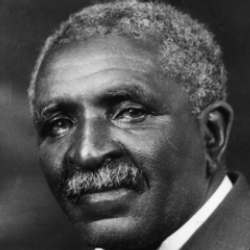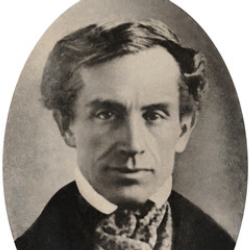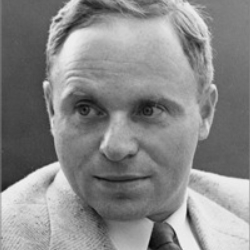S. Jay Olshansky Quotations
S. Jay Olshansky Quotes about:
-
Ageing Quotes
The field of ageing research is full of characters. We have hucksters claiming that cures for ageing can be bought and sold; prophetic seers, their hands extended for money, warning that immortality is nigh; and would-be Nobelists working methodically in laboratories in search of a pill to slow ageing.
-
Engineering Quotes
We have grown accustomed to the wonders of clean water, indoor plumbing, laser surgery, genetic engineering, artificial joints, replacement body parts, and the much longer lives that accompany them. Yet we should remember that the vast majority of humans ever born died before the age of 10 from an infectious disease.
-
-
-
Added Quotes
While eliminating smallpox and curtailing cholera added decades of life to vast populations, cures for the chronic diseases of old age cannot have the same effect on life expectancy. A cure for cancer would be miraculous and welcome, but it would lead to only a three-year increase in life expectancy at birth.
-
Additional Quotes
The Faustian trade of the 20th century was, we got 30 years of additional life, but in return we got heart disease, cancer, stroke, Alzheimer's and sensory impairments. The question is: What Faustian trade are we making now, as we go after heart disease, cancer, stroke and Alzheimer's?
-
-
-
-
-
-
-
-
-
-
-
-
-
-
-
-
-
-
-
-
-
-
-
-
-
-
-
-
-
-
-
-
-
-
-
-
-
-
-
-
-
-
Bodies Quotes
The bodies we have are not made for extended use. We must cope with accumulated DNA damage, cell damage, muscle atrophy, bone loss, decreased muscle mass, and joints worn out from overuse during a lifetime of bipedal locomotion. It might have worked great for prehistoric humans, but it wreaks havoc on our knees and hips.
-
-
-
-
Aging Quotes
The last thing you ever want to do is extend the period of frailty and disability and make people unhealthy for a longer time period. So lifespan extension in and of itself should not be the goal of medicine, nor should it be the goal of public health, nor should it be the goal of aging science.
-
-
-
-












